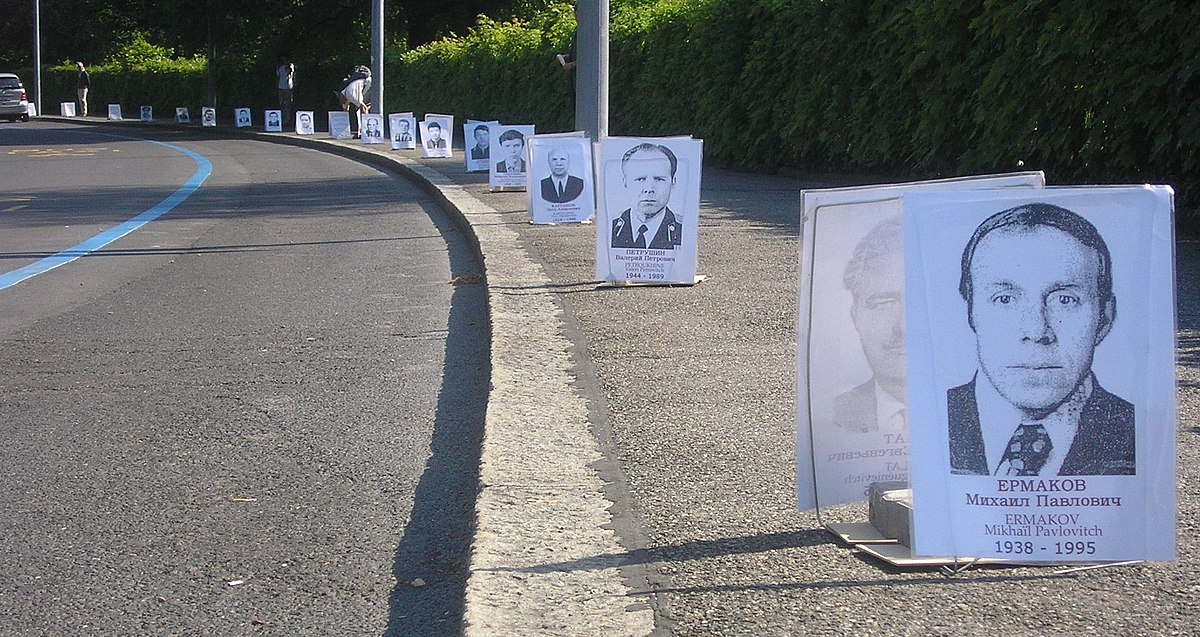A new report from the International Energy Agency says that electricity generation from renewable sources should reach almost 42% of total generation by 2025, overtaking coal as the leading source of powergen.
World’s renewable energy capacity grew at record pace in 2023
Renewable capacity jumped in 2023 by a record amount. Apparently China alone installed more renewable capacity last year than the whole world did the year before. About 3/4 of the new capacity is solar. There are also record rates of growth of renewables in Europe, the USA and Brazil.
So a good news story for a change, to cheer up people of my son's generation especially.
Still little to no progress on displacing gas for home heating, I'm afraid, but the decarbonisation of electricity is a vital enabler of that, of course.

